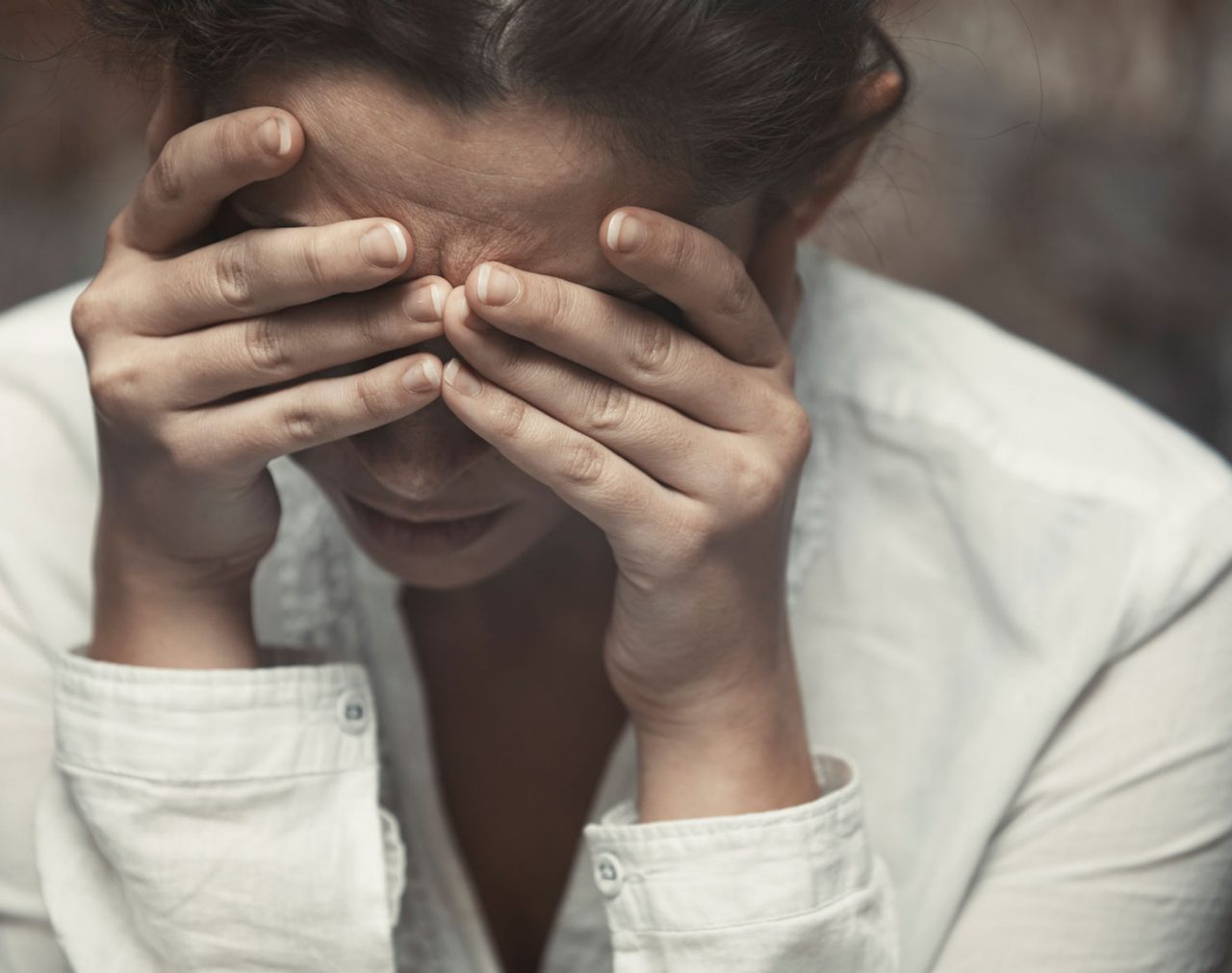Depression Versus Anxiety

Depression versus anxiety: Some symptoms are similar, but feeling sad and anxious are not the same. Learn more about the difference between anxiety and depression.
People who suffer from depression often experience nervousness and irritability. They can have problems sleeping and concentrating. The same can be said of those suffering from an anxiety disorder. That, however, doesn’t make depression and anxiety the identical.
Everyone has felt anxious at one time or another. We may have to give a speech before a large crowd, which can make us nervous. Even something positive like a job promotion can cause a certain amount of anxiety. That’s normal.
YOU MIGHT ALSO LIKE: Depression Versus Sadness
Depression versus anxiety
Anxiety comes in many forms. For someone on the autism spectrum, a change in routine can trigger an anxiety attack. For others, feeling anxious can feed vulnerability to the point of excessive worrying about the unknown.
Someone with clinical depression can feel so overwhelmed that they want shut everything out. They don’t worry about the future because they already believe the future is filled with negativity.
Symptoms of depression
- Feeling sad or hopeless
- Lacking enjoyment in activities that once were fun
- Experiencing listlessness
- Having trouble concentrating
- Having extreme changes in weight where one overeats or loses his appetite
- Having changes in sleep patterns, either sleeping too little or two much
- Having thoughts of suicide
While most people may feel those symptoms occasionally as a normal part of the human experience, pathological depression occurs when you have symptoms excessively, over a long period of time, and when they return often.
With anxiety, we feel overwhelmed. Most often we can manage those emotions. It’s when life seems unmanageable that we may have an anxiety disorder.
According to the Anxiety and Depression Association of America, approximately 3 to 5 percent American adults suffer from anxiety disorders. The term “anxiety disorder” includes generalized anxiety disorder, panic disorder and panic attacks, agoraphobia, social anxiety disorder, separation anxiety, and specific phobias.
YOU MIGHT ALSO LIKE: Our Depression Section
Anxiety disorders
- General anxiety disorder is when you worry about life’s everyday events with no clear reasons. It’s when worrying gets out of hand.
- Panic disorder or attack is when fear and nervousness overtakes you suddenly. Physical symptoms include a racing heart and excessive sweating.
- Agoraphobia is feeling helpless to the point where you avoid being in public.
- Social anxiety disorder is when someone has an unreasonable fear of being judged or closely watched by others.
- Separation anxiety is when children have an abnormal fear of being apart from their mothers.
Other phobias can include obsessive-compulsive disorder (OCD) and posttraumatic stress disorder (PTSD). OCD and PTSD are different types of anxiety disorders. People with OCD and PTSD can also experience depression.
With the similarities between the two, it’s easy to understand why people confuse depression with anxiety.
Some of the symptoms of anxiety
- Apprehension of what will happen in the future
- Worried that something will go wrong or something bad will happen
- Feeling so depressed that you want to run away or avoid a certain situation
- Experiencing exhaustion
- Shaking or sweating
- Excessive fear of being ill
- Experiencing an unusually fast heart rate and hyperventilating
What are some treatments for anxiety and depression?
Treatments can be similar. If you think you suffer from an anxiety disorder or depression, talk to your doctor and ask about a recommend for a therapist. He may recommend that you join a support group.
Your therapist may also recommend exercise and meditation. An ongoing exercise routine can reduce bouts of depression and anxiety. Meditation and breathing exercises can also combat both depression and anxiety.
Talking to a therapist is essential when you feel overwhelmed with anxiety or depression. Friends have good intentions, but a trained professional will help you handle your depression or anxiety.
Therapists will often recommend selective serotonin reuptake inhibitors (SSRIs), antidepressants used to treat anxiety and depression. SSRIs have been successful in treating both problems. If you are clinically depressed, you may need to maintain cognitive behavioral therapy over a long period of time.
Updated:
March 08, 2023
Reviewed By:
Christopher Nystuen, MD, MBA